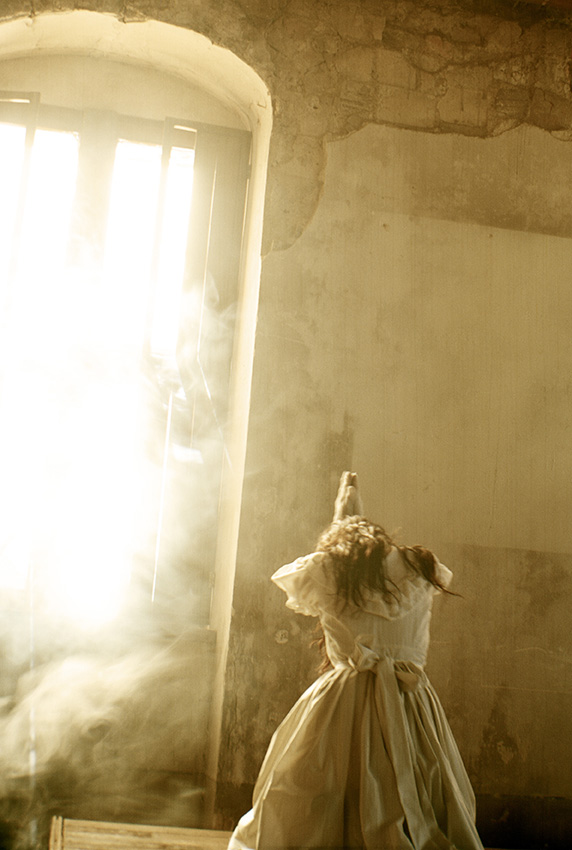Director: Henrik Alm
DOP: Björn Knechtel
Production Designer: Merlin Ortner
Set Decorator: Christin Busse
Production: BWGTBILD
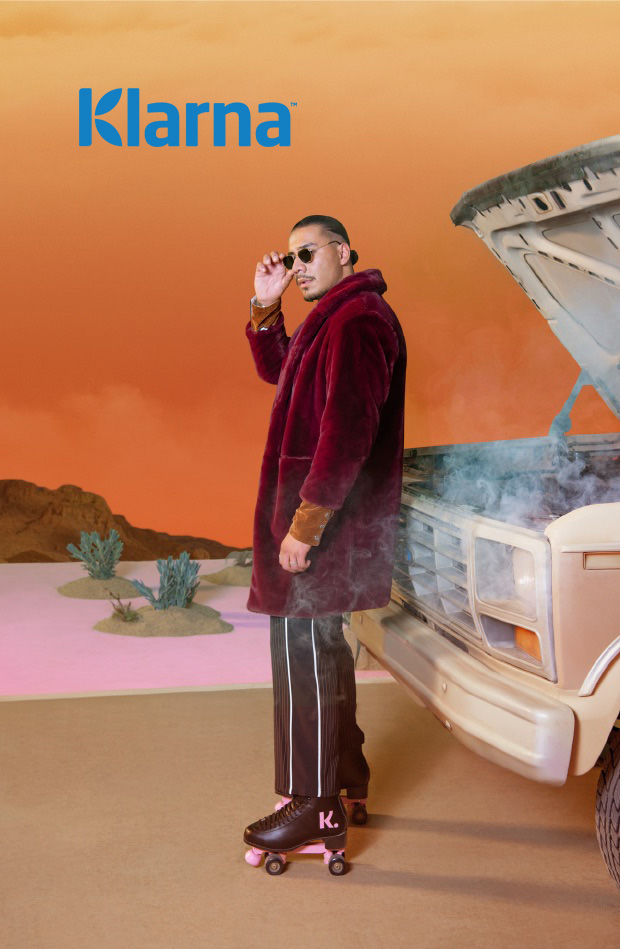
Director: Henrik Alm
DOP: Björn Knechtel
Production Designer: Merlin Ortner
Set Decorator: Christin Busse
Production: BWGTBILD
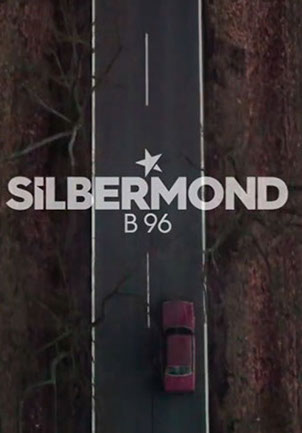
Director: Andreas Bruns
DOP: Armin Franzen
Prod. Design: Merlin Ortner
Prod. Company: Doity
Country: Germany
Prod. Year: 2016

Director: Alex Eslam
Prod. Designer Merlin Ortner
DOP: Stephan Burchhardt
Prod. Company: Who’s MqQueen Pictures
Country: Germany
Prod. Year: 2014
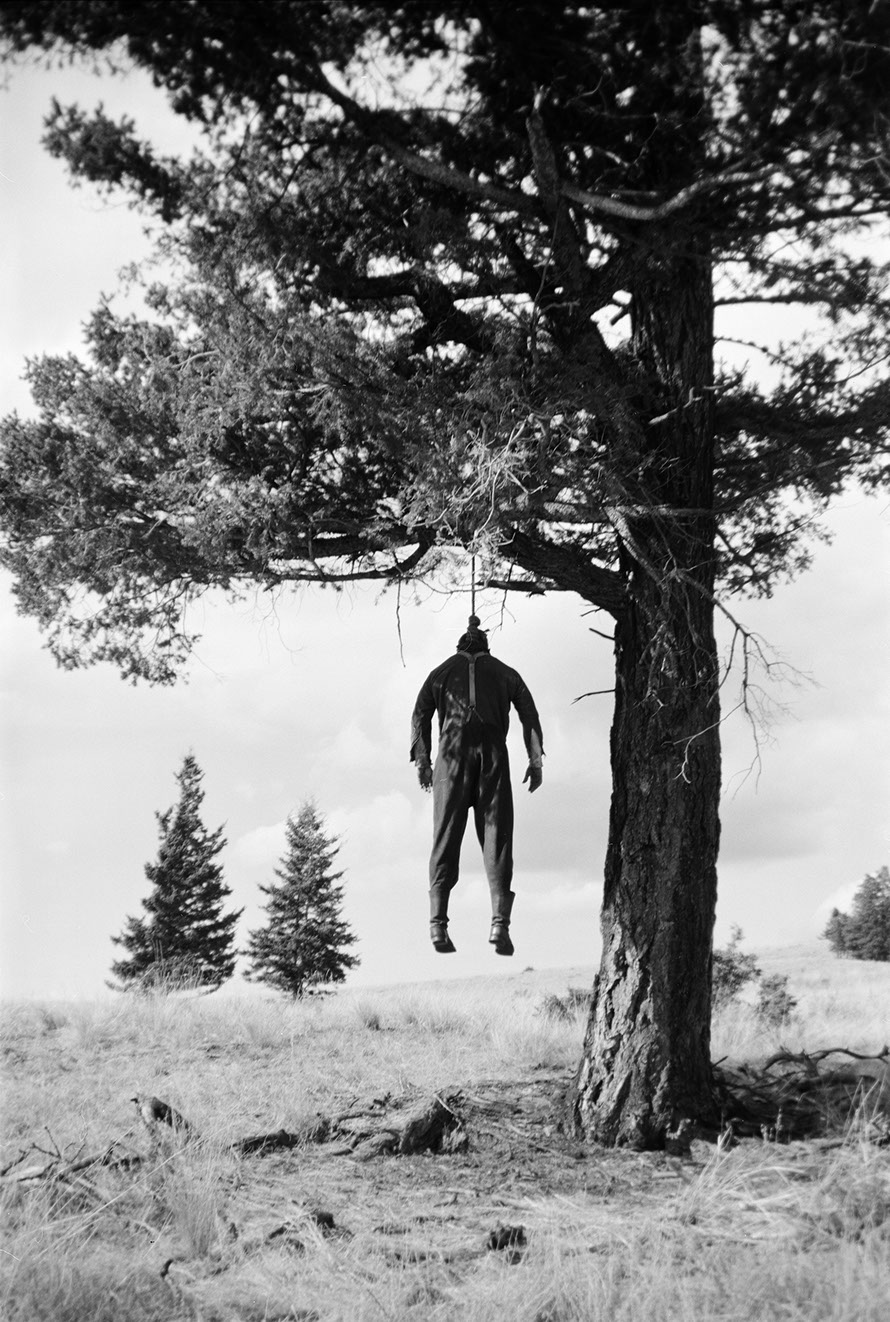
Forgotten Time (the black and white series)
The series searches for hope, for the past in the present. Worlds believed to be forgotten are represented in the now. Photographed with a camera that dates back to the early days of photography.
The feedback from time, past and future is the central issue. The most important thing to me here is the conscious use of anachronisms. I use a box camera from the early days of photography, but use modern Illford roll film as a medium. I sometimes make prints on baryta, but primarily I use fine art printing on classic Hanemühle papers to get life-size prints of the motifs.
_______
In my opinion, every project needs its special medium. That is why photography is particularly suitable in today’s world of abundance of images to capture history. The world loses its proportions and at the same time is banished and brought to the people. If I plan a project like “Forgotten Time”, “I never see myself” or any other of my photographic works, I immediately see the means I have to use to give this project a soul. Similar to the choice of color type in painting.
This is what characterizes today: the choice of means, which can often lead to agony of abundance; to the flood of images. But this freedom also makes it possible to provide us with a spectrum that can create images that can shake our perception of the so-called real, about everything that is “real” and “history” by means of photography and that with it to question coupled belief in reality.

Director: Thomas Arslan
DOP: Patrick Orth
Prod. Design: Reinhild Blaschke
Art Director: Merlin Ortner
Prod. Company: Schramm Film Koerner & Weber
Unit Manager: Florian Koerner
Country: Canada
Prod. Year: 2012
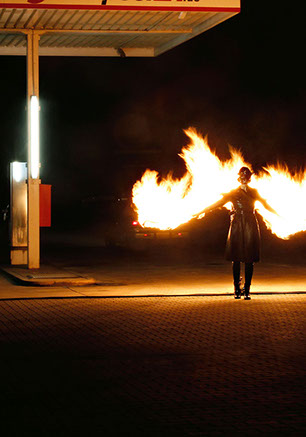
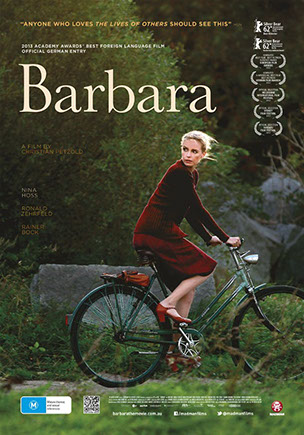
Director: Christian Petzold
DOP: Hans Fromm
Prod. Design: K.D. Gruber
Ass. Prod Designer: Merlin Ortner
Prod. Company: Schramm Film Koerner & Weber
Unit Manager: Dorissa Berninger
Country: Germany
Prod. Year: 2011
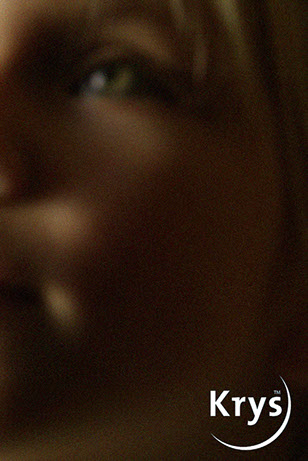
Director: Matthäus Bussmann
DOP: Carl Nilsson
Prod. Design: Merlin Ortner
Prod. Company: 77p, Paris
Prod. Year: 2017
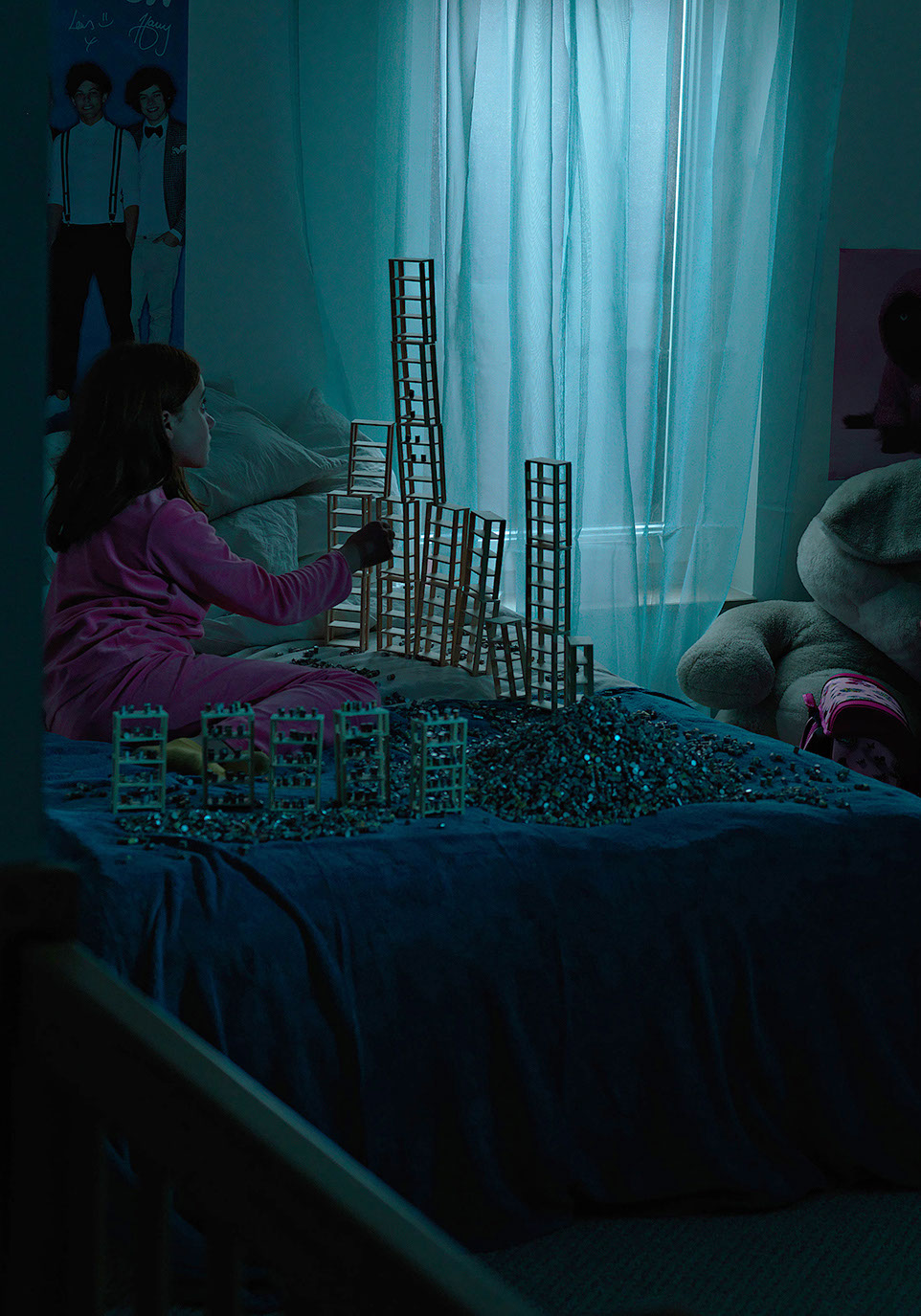
I never see myself
The perception of reality is shaped by various factors such as age, upbringing, and exposure to media. These factors influence the neurological processes that determine how our brains interpret the information received from our senses. As an artist, I am intrigued by these processes and the resulting perceptions. I explore how neurological processes and perceptions of reality can be represented, drawing inspiration from art history, particularly surrealism.
However, my focus is not on depicting dreams or expanding consciousness, like the surrealists did. Instead, I aim to represent medical case studies of hallucinations caused by conditions such as fear, darkness, migraines, epilepsy, or Charles Bonnet syndrome. I intentionally avoid drug-induced hallucinations and aim to showcase the effects of other circumstances and neurological changes from the norm. I achieve this through staged photography, using these medical case studies as the foundation for my compositions. My goal is to demonstrate how social norms influence and guide our neurological processes of perception.
To create my work, I adopt a methodical approach. I use 3D programs to design scenes and utilize render programs to create specific lighting moods. I then cast actors, design costumes, and create makeup images. The practical execution takes place in a film studio, and I employ a digital medium format camera, the Hasselblad H4D, to capture the scenes.
Scientific accuracy is essential in all my work. I strive to avoid abstraction and ensure that the foundation of my work is grounded in scientific principles. The environments in which my scenes unfold must strike a delicate balance between reality and unreality. Not all my works require the same level of effort as previous ones; I aim to create a series that is harmonious yet also contrasting.
In the early stages of my studies, I focused on painting. However, I came to realize that painting alone would not allow me to achieve my artistic goals. This led me to explore new mediums such as film, audio, and photography, which opened up a world of possibilities for my creative work. Nowadays, my projects always begin with a concept rooted in society or psychological conditions. The technical execution is just as crucial as the concept itself since the discovery of new technical means is equally important to the creation of the artwork.
The idea behind the concept fascinates me—the idea that a project can be meticulously planned yet still contain surprising and unpredictable elements. I strive for my final works to evoke fascination, reflection, inquiry, and understanding.
